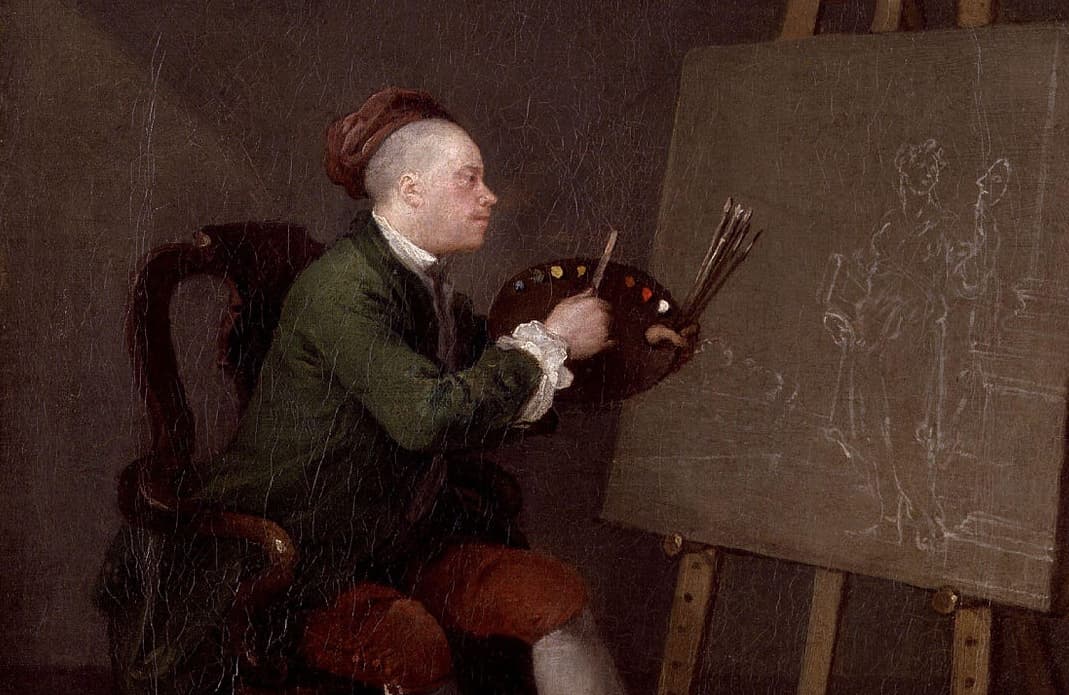Digging Into Black England’s Deeper Past
While looking for a history of Black people in Britain, the author was told by a saleswoman in a bookshop: ‘Madam, there were no black people in England before 1945’ — and so, the need for a book such as this.

‘Black England: A Forgotten Georgian History’
By Gretchen Gerzina
Foreword by Zadie Smith
John Murray, 304 pages
“It’s incredible to think of now, but by 1999 I’d gone through fifteen years of formal education, including a three-year English degree, without even being given a book to study that made any reference to the presence of individuals like me in the country in which I was born,” Zadie Smith, the best-selling and award-winning English novelist, writes in her Foreword.
She was not alone. Gretchen Gerzina, looking for a history of Black people in Britain, was told by a saleswoman in a well-known London bookshop: “Madam, there were no black people in England before 1945.”
Yet by 1596, Ms. Gerzina notes, “there were so many black people in England that Queen Elizabeth I issued an edict demanding they leave.” They didn’t. To Ms. Smith’s amazement they endured and often prospered, fitting into the lower classes, especially, so that, for example, “two black footmen dueled with pistols behind Montague house, and were seconded by two white footmen.”
Ms. Gerzina’s book is filled with such fascinating anecdotes, but they do not tell the whole story. Blacks assimilated and married into white families during the 18th and early 19th centuries, but the British continued to make huge profits on slavery and worked on plans to ship people back to Africa.
Ms. Gerzina shows that Blacks were hardly invisible, turning up in the work of William Hogarth and Sir Joshua Reynolds; the latter associated with Black people, such as Samuel Johnson’s servant, Francis Barber, who became, in effect, Johnson’s adopted son and then his residuary legatee.
“Black England” is both history and group biography. Ms. Gerzina, who is writing a memoir about growing up mixed race at Springfield, Massachusetts, provides the big picture, noting how long it took for abolitionists to prevail. While many of them focused on the brutality of enslavement, they still considered Black people inferior to whites.
Although a book like “Black England” could have been simply about heroes and villains (of which there are plenty in this historical and biographical narrative), Ms. Smith pinpoints what is so powerful and edifying about this book, originally published more than two decades ago:
“Black England is a book for adults, in that it describes a world in which it was possible for a black man to prosecute a white man in court, a world in which white women were at the forefront of the abolitionist movement, and a world in which these realities existed alongside the hellscape of Mary Prince, slave to a mistress who would ‘strip me naked to hang me up by the wrists and flay my flesh open with the cow-skin … an ordinary punishment for even a slight offence.’”
This edition of “Black England” is not simply a reprint, as Ms. Gerzina points out: “My book originally landed in a time that was less aware of this deeper past. Today, with international political movements, film and television innovations in racial representation and imagination, exciting new books of fiction, and a new generation of researchers and readers, this is still a past that deserves to be remembered. To that end, this edition incorporates new knowledge that has come to light since then, helping to fill in some of the gaps that necessarily existed when it was first published.”
Zadie Smith ought to be given the last word on this book, because her response is so personal and perceptive about what can be seen and understood, then and now, by Black and white people alike: “It’s perfectly obvious to me that white lady abolitionists were often paternalistic, that William Wilberforce’s Christian liberation theology considered negroes childlike innocents in need of protection, and that Harriet Jacobs seems to have mistaken British politeness and relative toleration for equality before the law and full civil rights.”
That Harriet Jacobs — the renowned author of “Incidents in the Life of a Slave Girl,” which recounted her own searing experience, including seven years in a crawl space eluding her captors — could misconstrue what she later saw in England is just one more reason for reckoning with the history in this indispensable book.
Mr. Rollyson is the editor of “British Biography: A Reader.”

